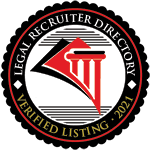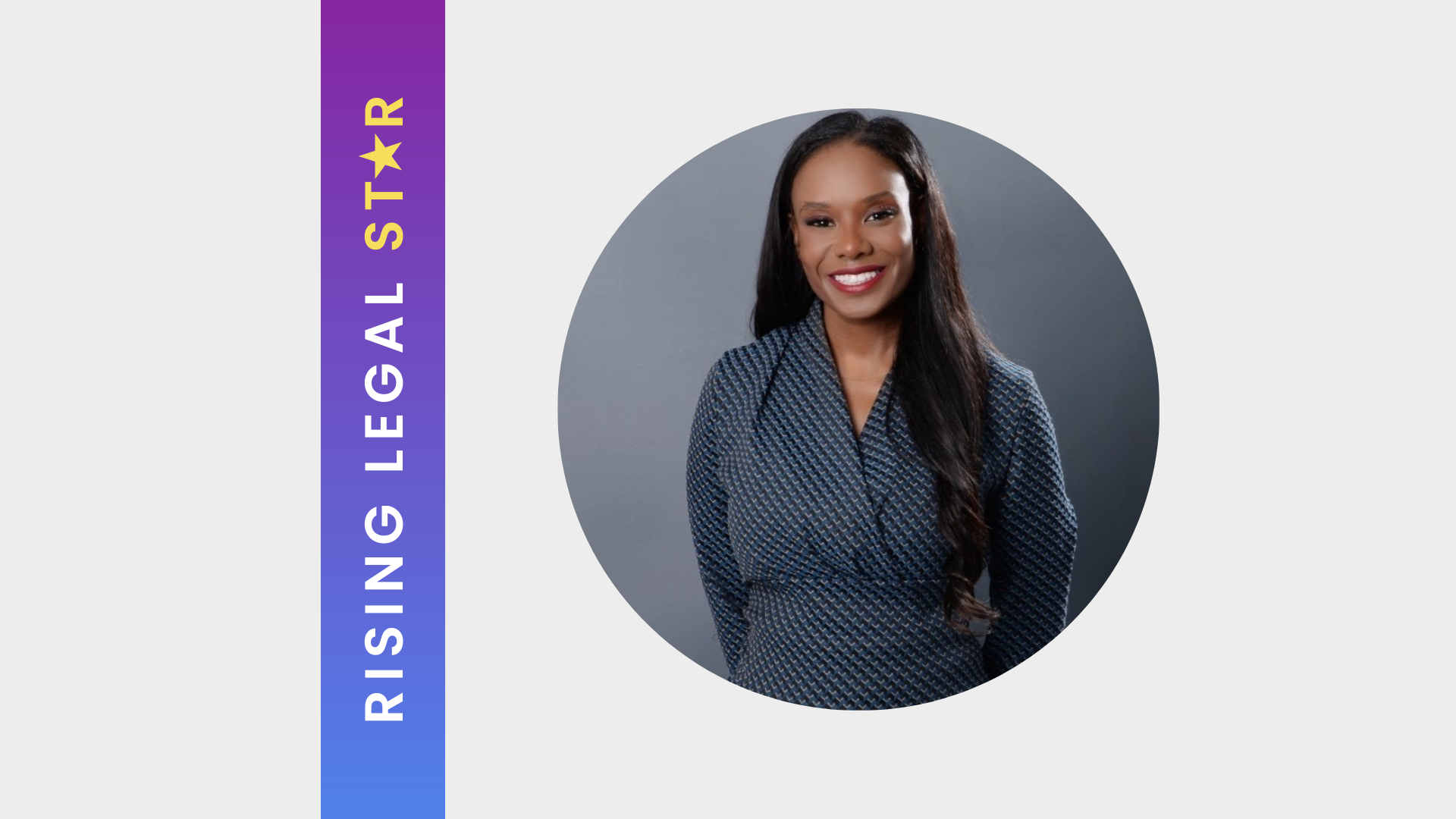United States legal recruitment
Our reputable US Legal Practice focuses on placing attorneys into leading law firms across the United States, with particular expertise in key markets such as New York, Los Angeles, Washington D.C., Texas and Chicago.
Our global practice has worked in partnership with numerous leading US practices for over 20 years and it is this understanding of our clients which allow us to provide expert advice to those looking to move. Our long-term relationship approach with attorneys allows us to be uniquely placed to assist them when they are ready to move, fully understanding their motivations and manage the hiring processes more effectively.
Market knowledge
Our in-depth knowledge of the market and partnerships with law firms means that we are extremely well placed to advise on your potential move and make sure you are only looking at options that really meet what you are looking for
Global reach
Our ability to work with our clients globally by making the most of our international offices and platform means that 50% of our APAC roles are either exclusive or retained with Hydrogen
Long-term relationships
We have partnered with our clients for many years and truly understand their business and what they are looking for. This allows us to present the right opportunities for you and has led to 75% of our candidates accepting offers within three months of beginning their application process
Our services
To help our clients in the US attract the best legal talent, we have developed a number of different services and solutions that we tailor to their unique needs.
Choose the best hiring or consulting option for your business.
Our latest jobs
Refer a friend or peer - we’ll send you a thank you if we find them their next role
Our latest insights
Legal Salary Guide
We’ve compiled the latest salary ranges and contractor day rates for the legal professionals around the globe.
Download our updated guide to access salary and rate projections.







